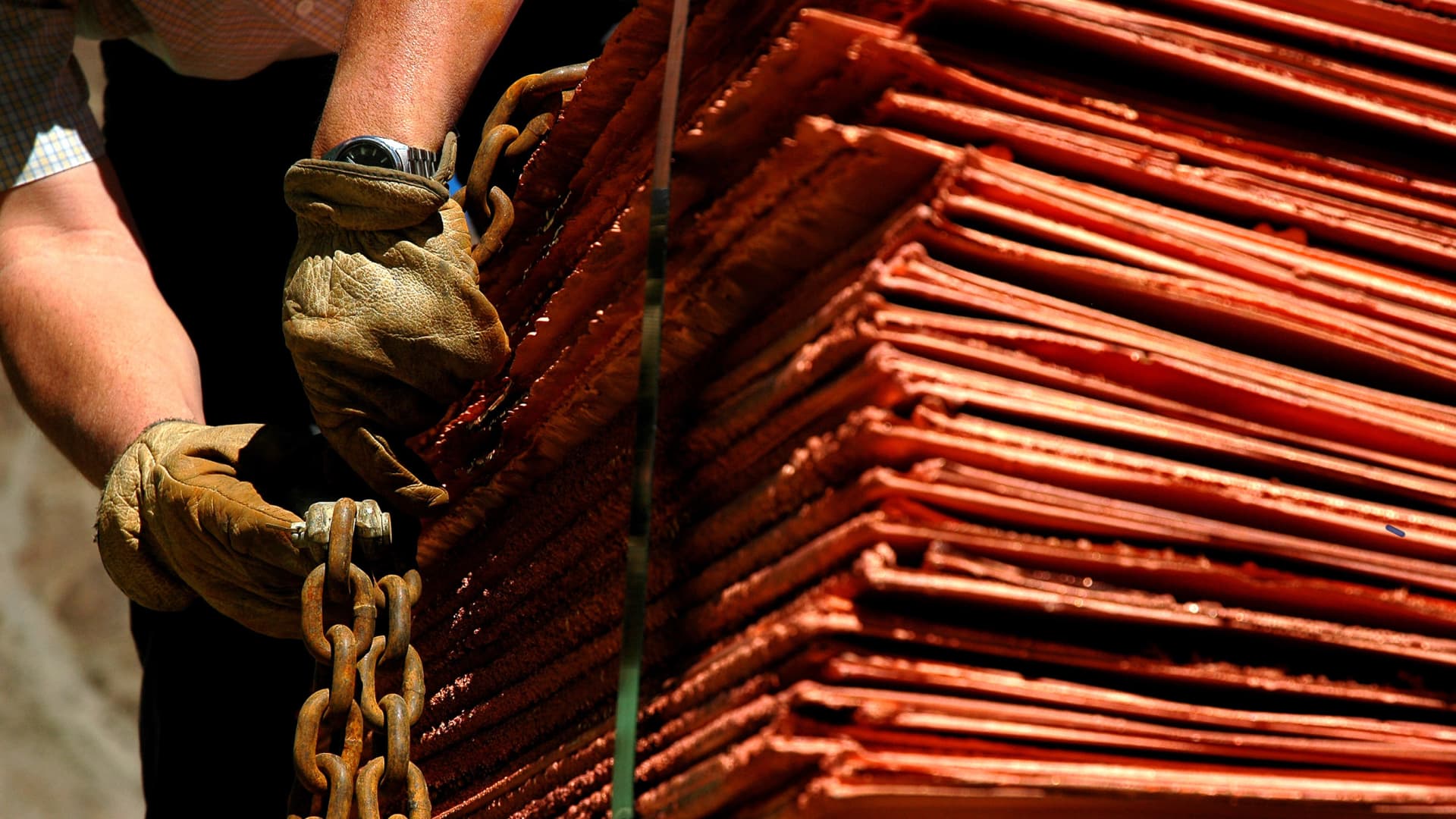U.S. Troops Kill 7 Iraqi Civilians; Bombing Goes On
"As a last resort the soldiers fired into the passenger compartment of the vehicle. Inside the vehicle they found 13 women and children. Seven of the occupants were dead. Two were wounded. Four were unharmed," a spokesman said .
Marine Corps Gen. Peter Pace, vice chairman of the joint chiefs of staff, said the soldiers who shot at the car "absolutely did the right thing," because the occupants of the car had been acting unusually and the soldiers thought their lives were threatened.
The United States, which says it is fighting to liberate Iraqis from the rule of President Saddam Hussein, has tried hard to avoid civilian casualties. But soldiers’ nerves are stretched thin since a suicide attack killed four U.S. soldiers on Saturday.
The invasion has prompted large anti-war demonstrations in the Arab world, Europe, Asia and in the United States itself, where polls show around 70 percent of voters support the war and around 30 percent oppose it.
President Bush, speaking in Philadelphia, told Iraqis: "We are coming with a mighty force to end the rule of your oppressors … We will not stop, we will not relent until your country is free."
On the military front, since charging through hundreds of miles of Iraqi territory in the first days of the 12-day-old war, U.S. invasion units have been consolidating supply lines, carrying out equipment maintenance and resupply and probing Republican Guard brigades who stand between them and Baghdad.
"We’re coming. Where the regime is, we’re coming," Brig. Gen. Vincent Brooks said at U.S. Central Command in Qatar, adding that some elite Iraqi units were in serious difficulty after days of relentless attacks from an enemy that now has complete air dominance. There are now 100,000 U.S. and British troops inside Iraq.
However, Gen. Richard Myers, head of the U.S. Joint Chiefs of Staff, said there was no rush to storm Baghdad. "We’ll be patient," he said in Washington.
PREPARED FOR HIGH PRICE
The United States had hoped to avoid street fighting in Baghdad that could cause heavy military and civilian casualties but that seems increasingly likely. One senior official of the U.S. Central Command said the military was ready to pay a "very high price" in terms of casualties to take the city.
"We’re prepared to pay a very high price because we are not going to do anything other than ensure that this regime goes away," the official said. "If that means there will be a lot of casualties, then there will be a lot of casualties."
Bush, backed by Britain, launched the war to eliminate Saddam and seize his alleged weapons of mass destruction under a policy that advocates preemptive attacks should Washington feel its national security is threatened.
Iraq said it had no such weapons and invasion troops have so far failed to find any.
Iraq remained defiant. Iraqi television showed film of Saddam alongside his two sons. It was the first time that his eldest son Uday had been seen on video since the war opened on March 20, but it was not clear when the footage was taken.
Several huge explosions shook the center of Baghdad in the afternoon. One hit a presidential palace used by Saddam’s second son Qusay, who commands the Republican Guard, sending a mushroom of white smoke from the battered complex. More huge explosions followed in the early evening.
Flames could be seen rising into the night from one of the blasts which rocked the central Palestine Hotel.
The Pentagon said the United States had fired 700 Tomahawk cruise missiles and 8,000 precision-guided munitions at Iraqi targets since the war began, 3,000 in the past three days. It flew 1,000 air sorties in the past 24 hours alone.
U.S. officers said Iraqi militia and Republican Guard units suffered heavy losses in fierce fighting near the towns of Hindiya and Hilla on the approaches to Baghdad. At least one American soldier died in the daylong clashes. The Republican Guard constitute some of Saddam’s best trained, toughest and most loyal defenders.
QUAGMIRE
Iraqi Foreign Minister Naji Sabri said invaders were sinking into a quagmire and would take greater losses with each passing day.
The death of a U.S. soldier near Hilla raised the U.S. toll in the war to at least 46 with another 17 missing. Britain has lost 25 dead, one more than in the 1991 Gulf War.
Iraq has said nearly 600 Iraqi civilians have been killed and over 4,500 wounded. It has not listed military casualties.
U.S. Marines raided the town of Shatra north of the key city of Nassiriya on Monday. Hundreds of Iraqis shouting "Welcome to Iraq" greeted them as they entered the town.
Reuters correspondent Sean Maguire, traveling with the Marines, said they were targeting Iraqi officials, including Ali Hassan al-Majid, or "Chemical Ali," a feared cousin of Saddam, earned his nickname for overseeing the use of poison gas against Kurds in 1988. But they did not find him.
With humanitarian aid just starting to trickle into Iraq, British troops opened the taps on a hastily built water pipeline in the southern port of Umm Qasr — one of the few Iraqi towns the invasion force controls. But aid workers in Kuwait said it was still too dangerous for them to enter Iraq.



